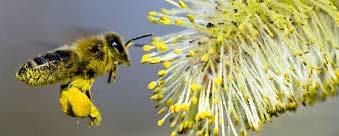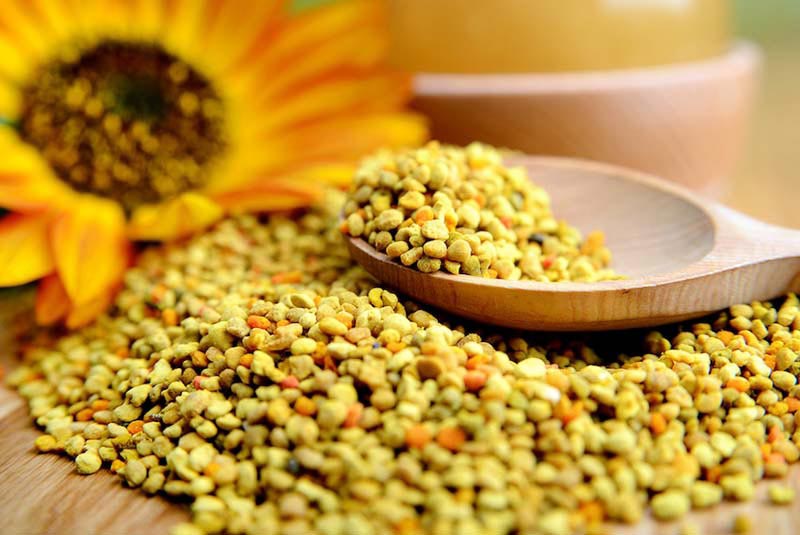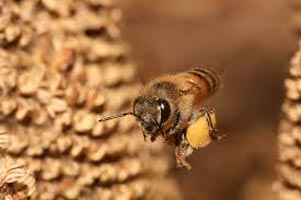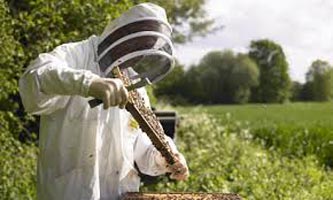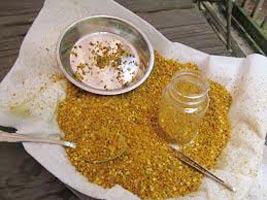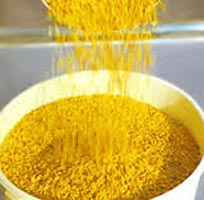Company Information
Ask for more detail from the seller
Contact SupplierBee Pollen is made by honeybees, and is the food of the young bee. It is considered one of nature's most completely nourishing foods as it contains nearly all nutrients required by humans. Bee-gathered pollens are rich in proteins (approximately 40% protein), free amino acids, vitamins, including B-complex, and folic acid.
Bee pollen is a complete food and contains many elements that products of animal origin do not possess. Bee pollen is richer in proteins than any animal source. It contains more amino acids than , eggs, or cheese of equal weight. About half of its protein is in the form of free amino acids that are ready to be used directly by the body.
It is important to recognize that a one teaspoon dose of pollen takes one bee working eight hours a day for one month to gather. Each bee pollen pellet, contains over two million flower pollen grains and one teaspoonful contains over 2.5 billion grains of flower pollen.
Additional Information
Use as a health supplement : Bee pollen has been touted by herbalists as a treatment for a variety of medical conditions, but there is no scientific evidence to show that it has any health benefits.[10][better source needed] Bee pollen is safe for short term use, but for those with pollen allergies, allergic reactions may occur (shortness of breath, hives, swelling, and anaphylaxis).[10] Bee pollen is not safe for pregnant women and should not be used during breastfeeding.[10] The Food and Drug Administration has warned against the use of some bee pollen products because they are adulterated with unapproved drugs including sibutramine and phenolphthalein.
Nutritional
Bee pollen is a good nutritional source for drone bees. It has been described as “nature's perfect food” and is a highly concentrated food source containing a complex supply of quality nutrients. A number of traditional Chinese herbal formulas contain bee pollen. It is rich in vitamins, minerals, trace elements, enzymes, and amino acids, and contains approximately 30% protein, 55% carbohydrate, 1% to 2% fat, and 3% minerals and trace vitamins. Vitamin C concentrations of 3.6% to 5.9% also have been found in some pollen samples. Promotional literature lists almost 100 vitamins, minerals, enzymes, amino acids, and other compounds identified in bee pollen. The physiologic importance of many of these components is poorly understood. Bee pollen preparations often contain mixtures of pollens from diverse types of plants, and these pollens vary with the geographic origin of the material.
Other uses
It has been traditionally used for a variety of purposes, including relief of constipation; treatment of prostatic conditions, such as prostatitis, benign prostatic hyperplasia, and prostate cancer; wound healing; and for its proposed antioxidant action. Bee pollen has been used to prevent hay fever, but there is a risk of severe allergic reaction with this practice. It may also relieve premenstrual syndrome and climacteric symptoms associated with menopause.
Here Are Just 10 Great Reasons To Add Fresh Bee Pollen To Your Daily Diet!
